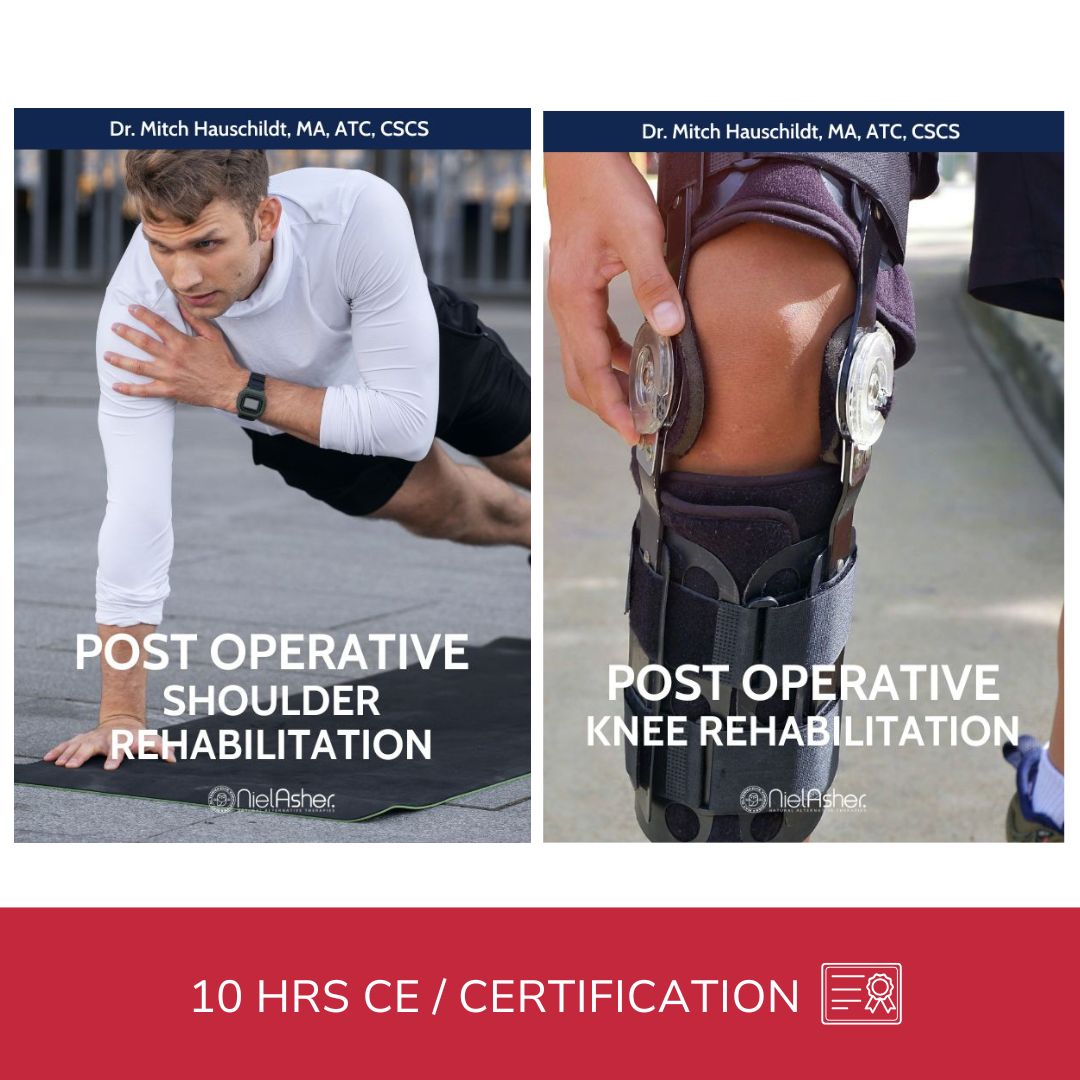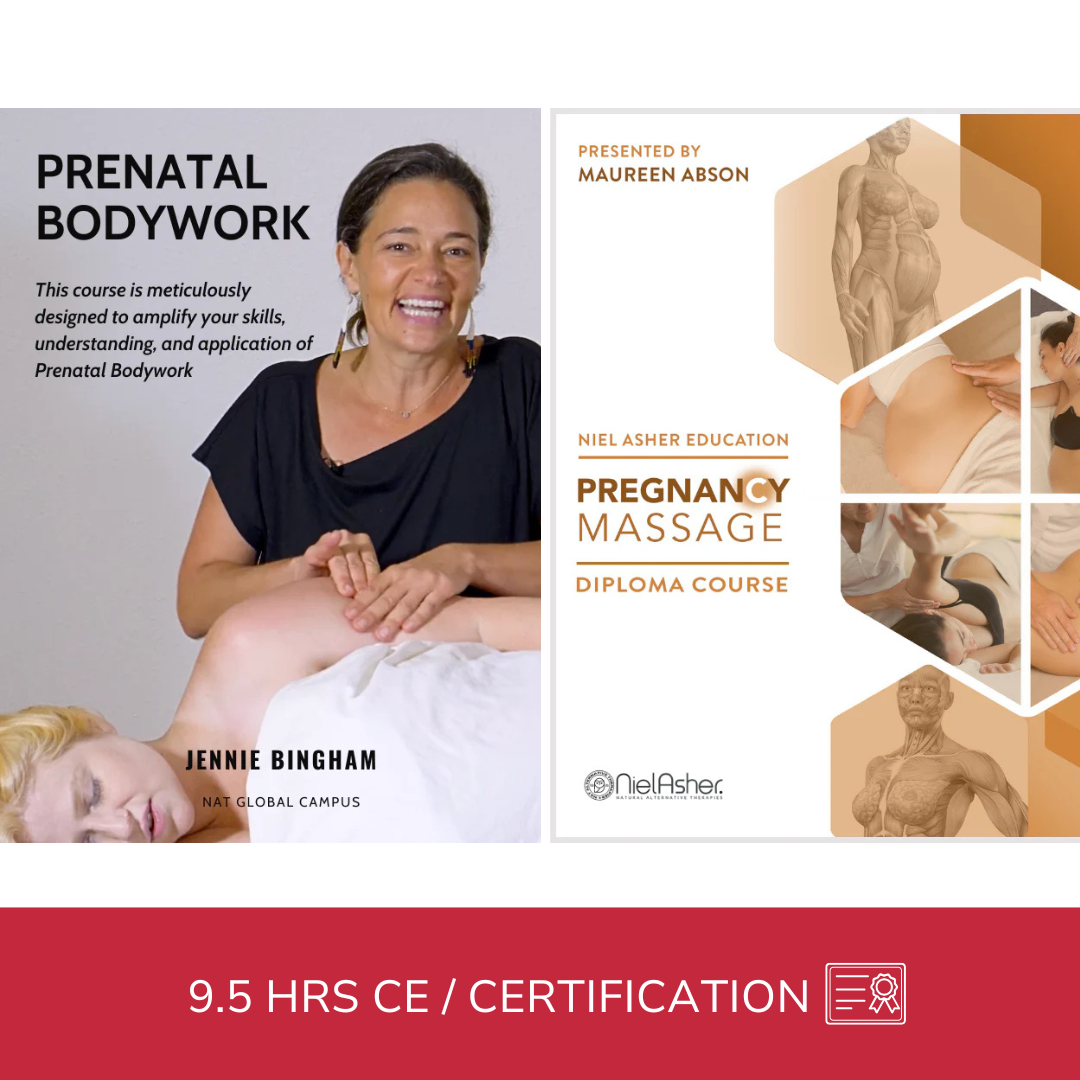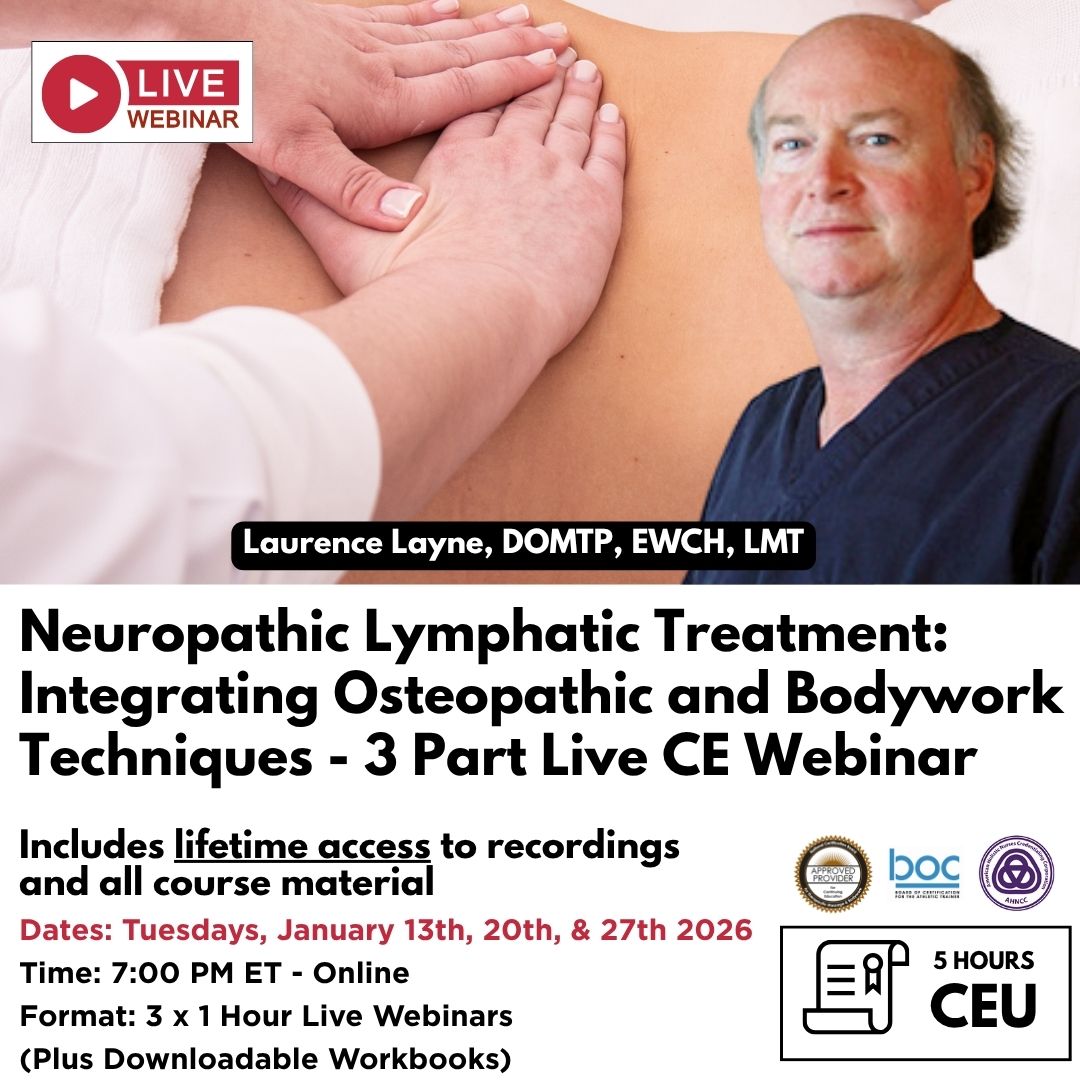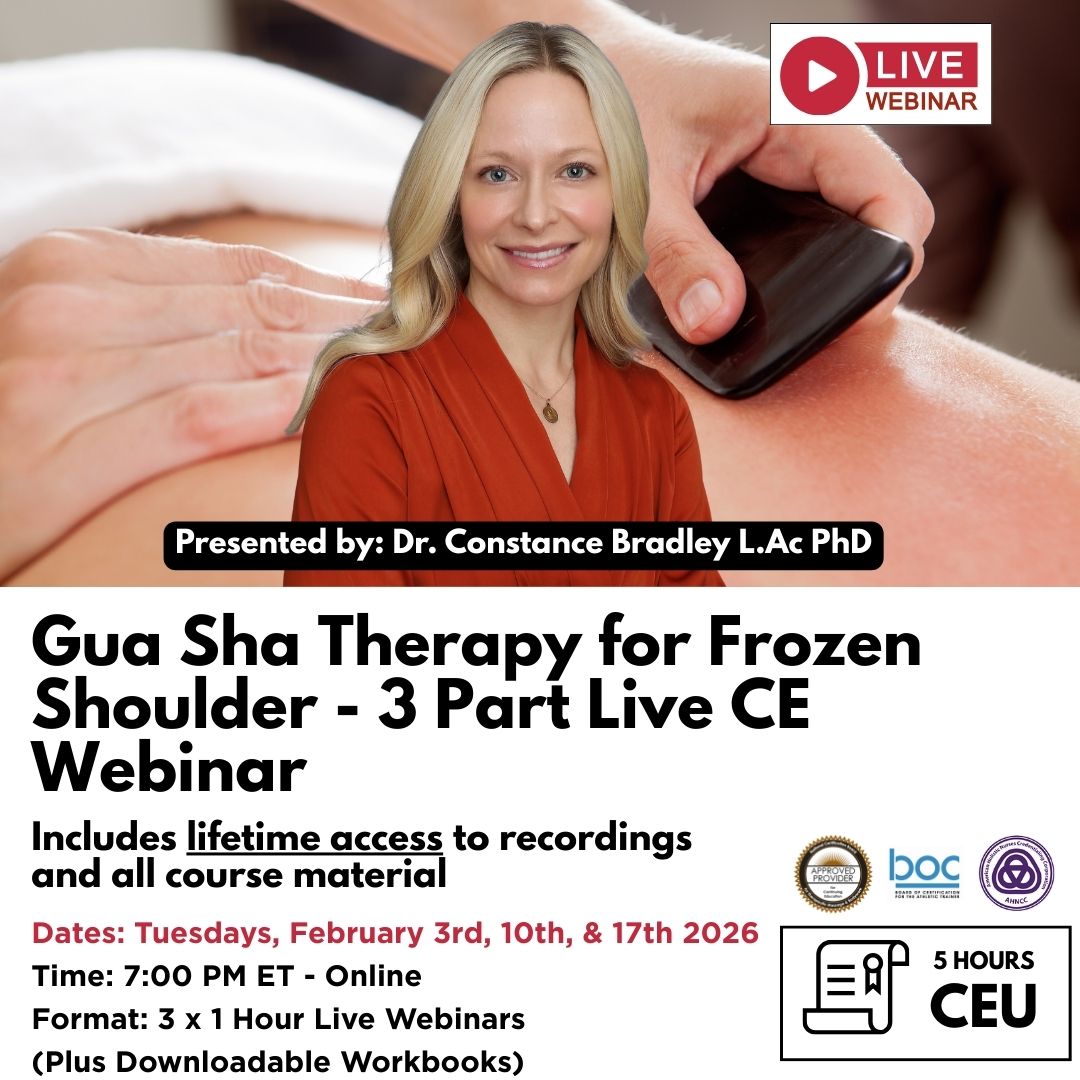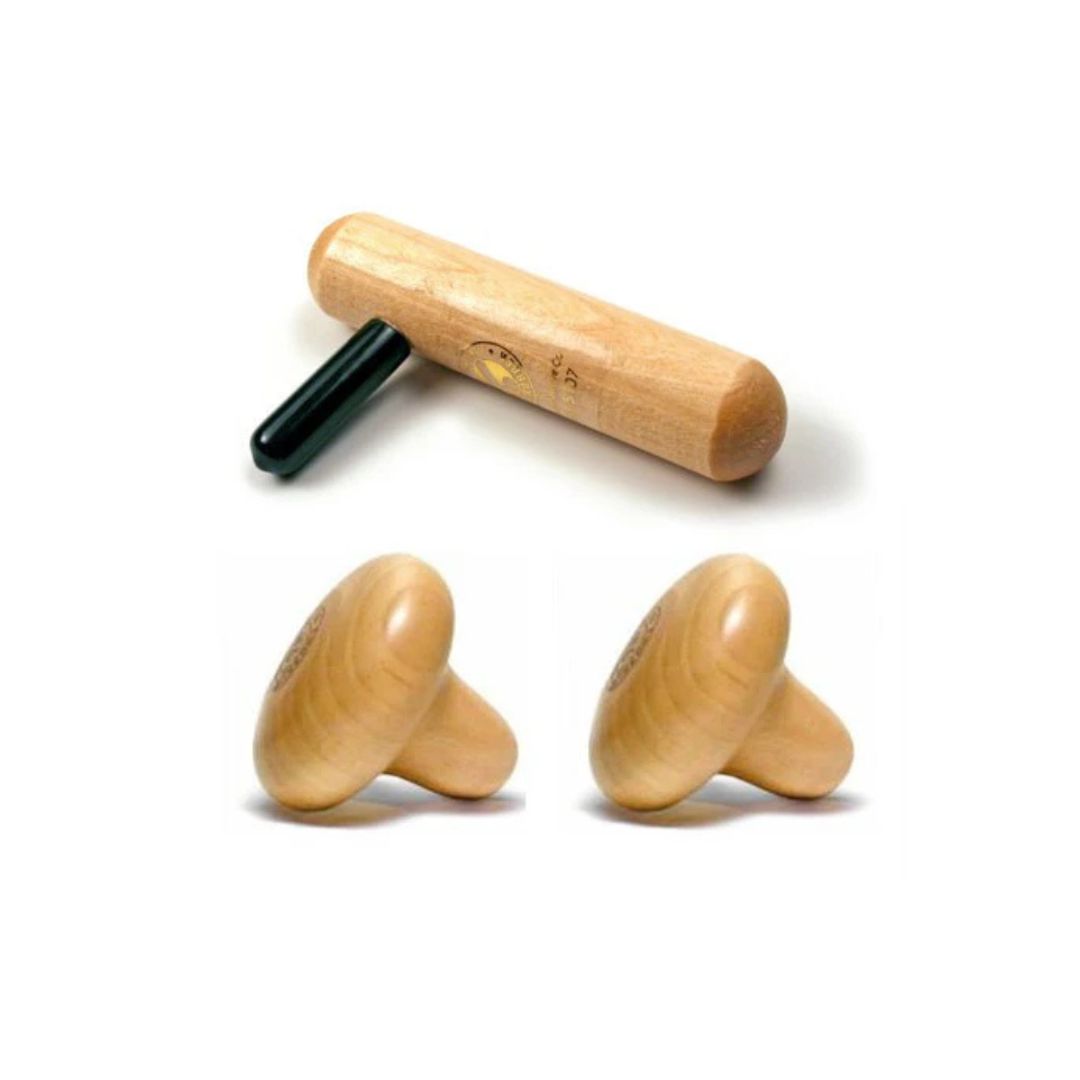The 6 Pilates Principles

A pilates exercise shown on the reformer
While considerable diversity exists in the ways that Pilates is practiced and taught today, six principles derived from Joseph Pilates’ writings are widely accepted and cited in the Pilates community as the defining features of this exercise system.
They are as follows: Centering, Concentration, Control, Precision, Breath, and Flow.
Karen Vizueta presents Pilates Principles
The principle of Centering is Pilates’ defining characteristic. This principle reflects Joseph Pilates’ understanding that all movement begins and emanates from the center. The center of gravity of the body lies in front of the sacrum, about three finger-widths below the navel (this is known as the lower dantian in martial arts). As we move through our daily activities, this center of gravity shifts when we carry shoulder bags and use our arms and legs for reaching and balancing. Core stability enables us to coordinate these varied movements with grace and efficiency.
Concentration is the state of mind we cultivate in a Pilates session. Joseph Pilates insisted that his exercises be performed purposefully (as opposed to, in his words, “just going through the motions”). To practice his method absentmindedly, as just another set of callisthenic exercises, would mean missing out completely not only on the corrective nature of the system for the human structure, but also on its ability to revitalize one’s entire sense of well-being.
Restoring the Breath is the foundation for Pilates. This process is a biomechanical, neurological, and even spiritual one. As our constant companion, and our most immediate anchor to the present moment, the breath is a gateway to awareness. The simple act of focusing on the breath can have tremendous benefits for the autonomic nervous system, offering a shift out of our daily fight-or-flight, hustle-and-bustle state and into a state of relaxation. The brain-fortifying effects of meditation are well documented. If focusing on the breath for an hour a day were the only benefit of a regular Pilates practice, it would be life changing for many people.
Joseph Pilates originally called his exercise system Contrology, so named because he taught his students that if they practiced his exercises daily, complete control over all the movements of the body would result. Control was the goal of the Pilates system. This process of developing incredibly finely tuned awareness and physical dexterity was what we today call building kinesthesia, kinesthetic intelligence (KI), or “waking up” areas of the body. For example, learning to roll through the spine, not treating it as one long board but as individual bones moving one at a time, demands a dynamic interplay between stability and mobility that is delicately coordinated by the nervous system.
Precision is the high standard asked of Pilates practitioners and teachers, and it is also the prerequisite for change. This requirement for precision is the reason why the same Pilates exercise that is appropriate for a total beginner is just as likely to challenge a competitive athlete. Many people, including some athletes, have unwittingly adopted inefficient muscle activation strategies and have become good 16 Functional Anatomy of the Pilates Core compensators in their activities of daily life and play. Through the requirement of precise stabilization and movement patterns, our individual weaknesses are revealed. This allows awareness of our usual patterns and helps us discover a more efficient approach.
Unlike the previous principle, where slow and precise movement is emphasized, Flow is the pinnacle expression, where we learn to bring the right amount of coordinated effort to the exercise, always recognizing and adjusting for jerky, bulging, heavy, or overly braced movements.
To learn more about Pilates Principles, you can take a look at our course by Karen Vizueta here.

EDUCATION MEMBERSHIP PLANS
UNLIMITED ACCESS
FROM $19.95/monthly
About Niel Asher Education
Niel Asher Education (NAT Global Campus) is a globally recognised provider of high-quality professional learning for hands-on health and movement practitioners. Through an extensive catalogue of expert-led online courses, NAT delivers continuing education for massage therapists, supporting both newly qualified and highly experienced professionals with practical, clinically relevant training designed for real-world practice.
Beyond massage therapy, Niel Asher Education offers comprehensive continuing education for physical therapists, continuing education for athletic trainers, continuing education for chiropractors, and continuing education for rehabilitation professionals working across a wide range of clinical, sports, and wellness environments. Courses span manual therapy, movement, rehabilitation, pain management, integrative therapies, and practitioner self-care, with content presented by respected educators and clinicians from around the world.
Known for its high production values and practitioner-focused approach, Niel Asher Education emphasises clarity, practical application, and professional integrity. Its online learning model allows practitioners to study at their own pace while earning recognised certificates and maintaining ongoing professional development requirements, making continuing education accessible regardless of location or schedule.
Through partnerships with leading educational platforms and organisations worldwide, Niel Asher Education continues to expand access to trusted, high-quality continuing education for massage therapists, continuing education for physical therapists, continuing education for athletic trainers, continuing education for chiropractors, and continuing education for rehabilitation professionals, supporting lifelong learning and professional excellence across the global therapy community.

Continuing Professional Education
Looking for Massage Therapy CEUs, PT and ATC continuing education, chiropractic CE, or advanced manual therapy training? Explore our evidence-based online courses designed for hands-on professionals.




